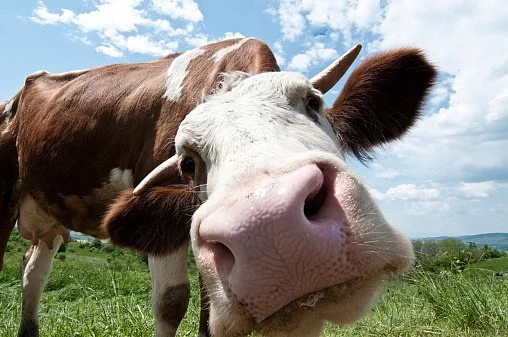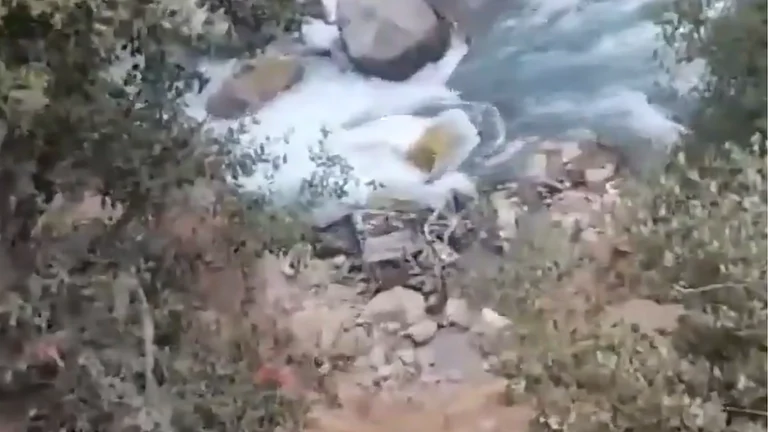New Zealand's government has announced it will reverse a controversial burping tax on farmers aimed at reducing methane emissions from livestock.
The tax, introduced in 2022, targeted the greenhouse gas emissions produced by cattle and sheep flatulence and burping.
Livestock like cows and sheep emit a lot of methane when they burp or fart. Methane is a greenhouse gas, which traps the heat from the sun in the Earth's atmosphere, contributing to climate change.
The previous government, led by Prime Minister Jacinda Ardern, introduced the tax as part of efforts to meet climate change obligations. However, farmers protested the move, arguing it would severely impact their livelihoods. The protests saw farmers travel in convoys of tractors and pick-up trucks to cities and towns to demand the tax be scrapped.
The current centre-right coalition government has now decided to reverse the decision, citing concerns about the impact on farmers.
In a statement, Agriculture Minister Todd McClay said, “The government is committed to meeting our climate change obligations without shutting down Kiwi farms… We are focused on finding practical tools and technology for our farmers to reduce their emissions in a way that won’t reduce production or exports.”
New Zealand has around 10 million cattle and 25 million sheep, which produce nearly half of the country's greenhouse gas emissions. The government says it will explore alternative methods to reduce methane emissions from agriculture.



























